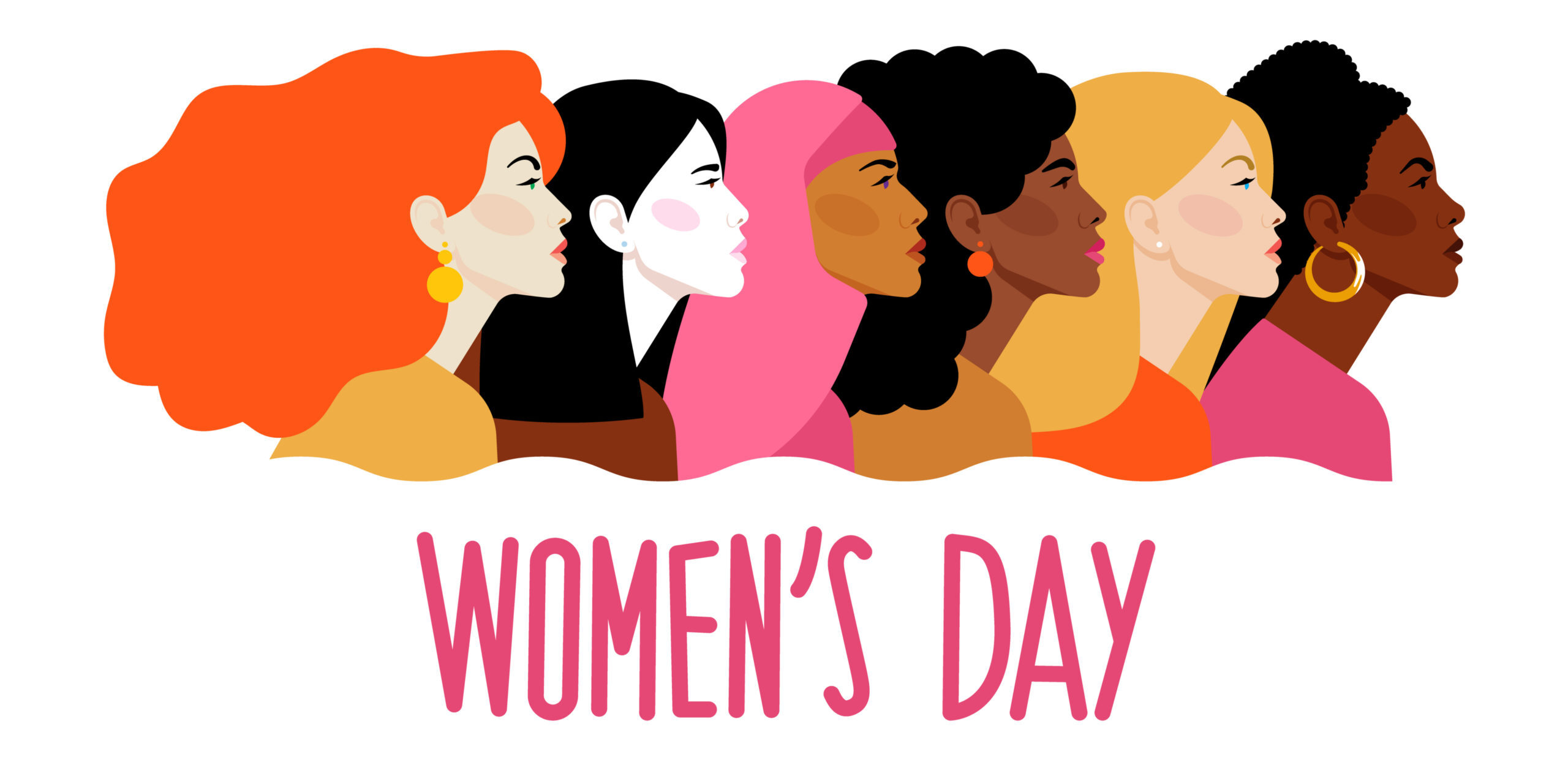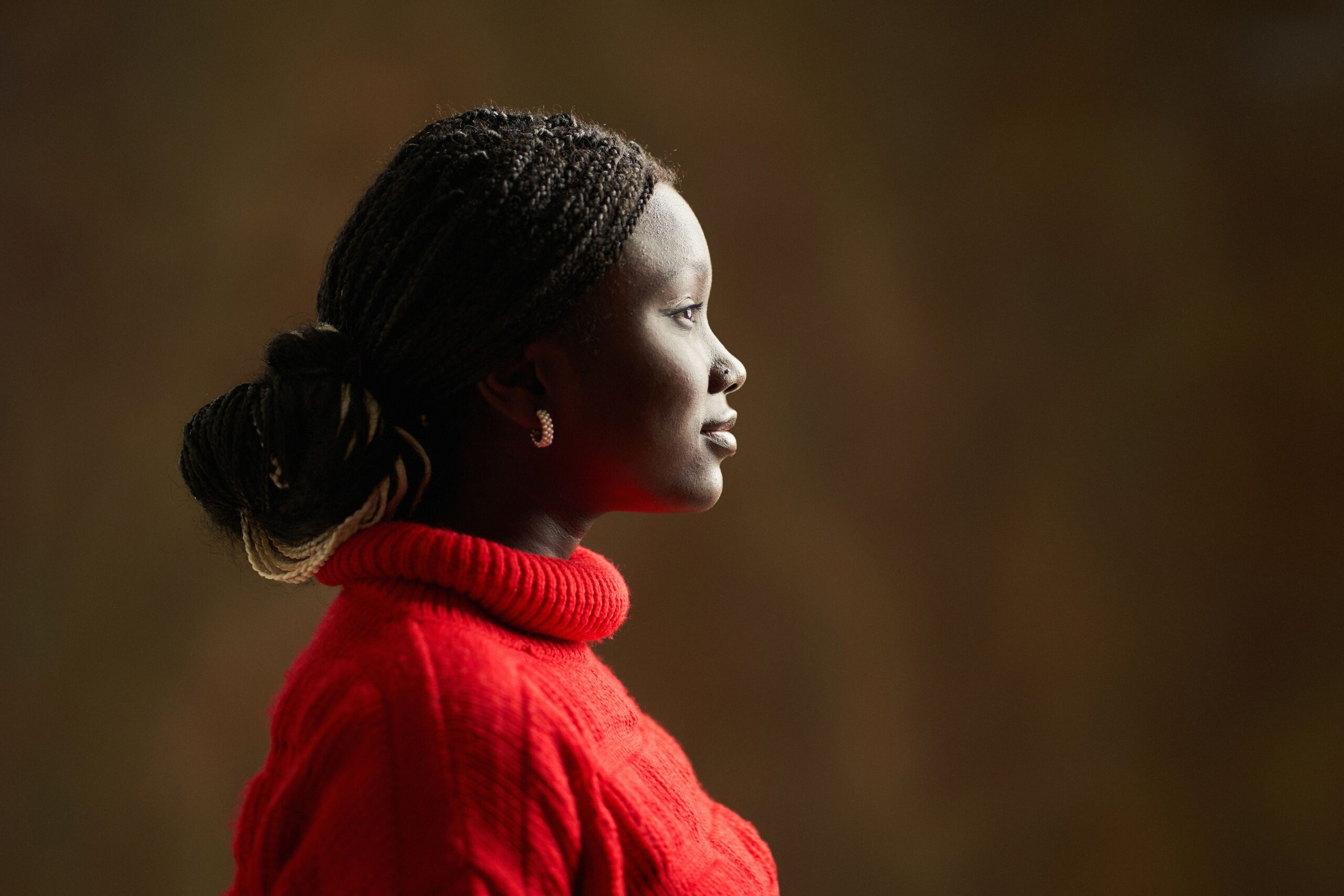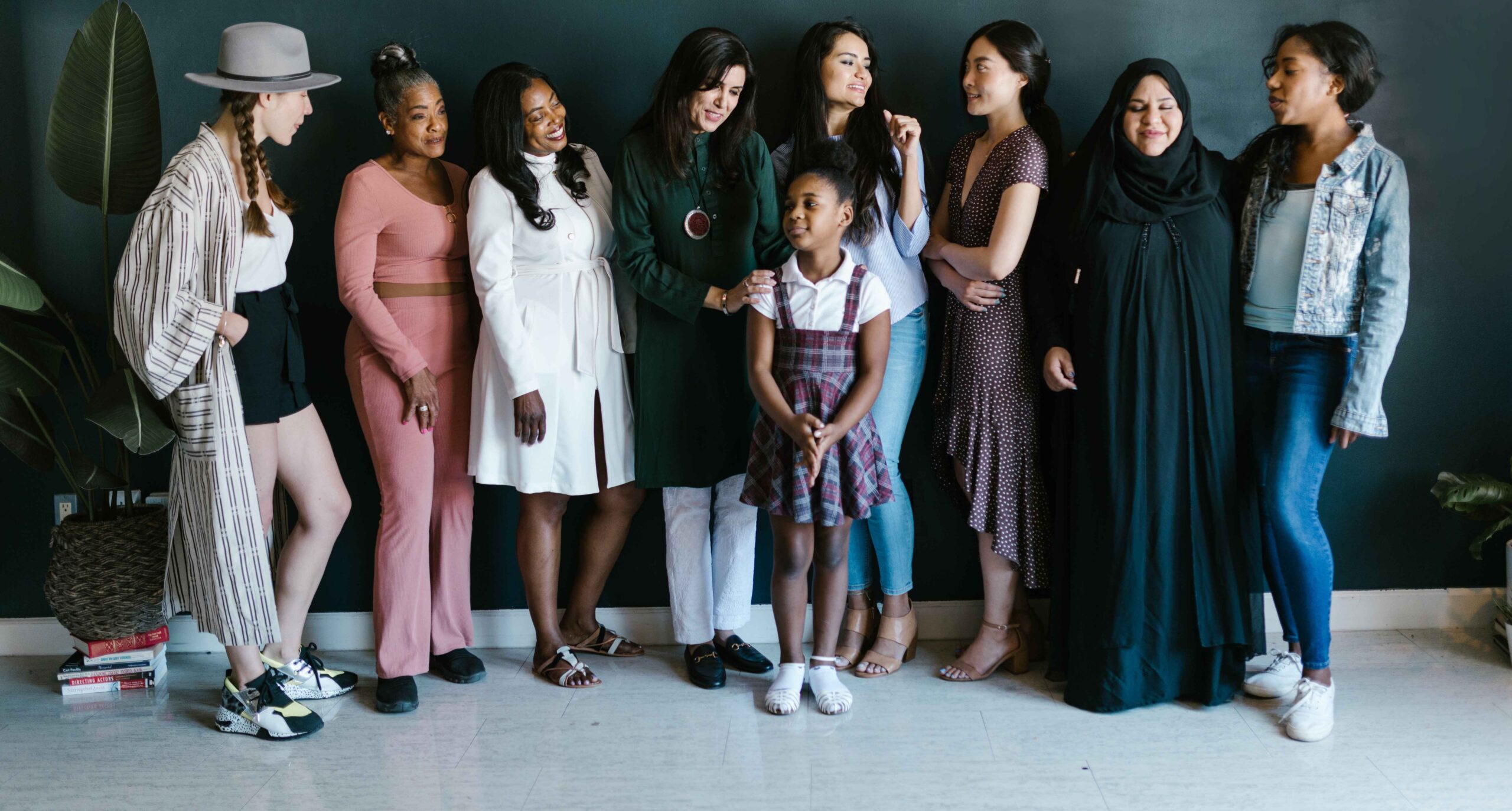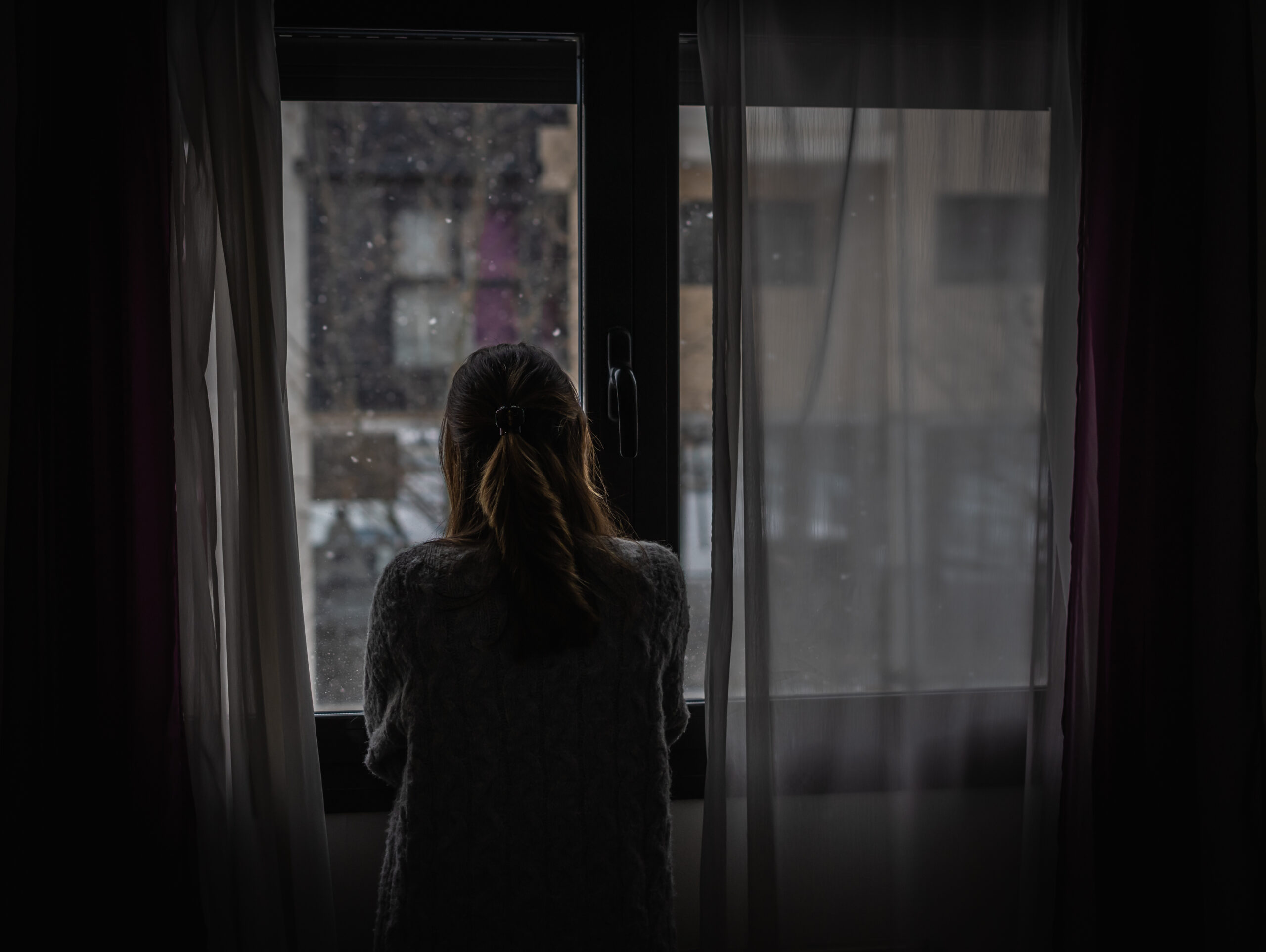The Call to Embrace Equity on International Women’s Day
“Imagine a gender equal world. A world free of bias, stereotypes, and discrimination. A world that’s diverse, equitable, and inclusive. A world where difference is valued and celebrated. Together we can forge women’s equality. Collectively we can all #EmbraceEquity.” (International Women’s Day, 2023)
I was 13 years old the first time someone called me a feminist. They said it in a tone so dripping with disgust that I internalized it to mean being a feminist was bad. To be a feminist was to be other, which is especially tricky when you know it accurately describes your values but you’re a young teenager trying to find a place to fit in.
Adding to the complexity of my feminist feelings, I was surrounded by ideologies that men were far superior to women. For years I struggled to keep my opinions to myself because every time I brought up gender inequality, my views were largely brushed off as a young person’s silly ideas. And it was incredibly frustrating that, despite the hard work done by women in the decades leading up to my birth, I was still being silenced and expected to fall in line behind the men and boys of the world.

But I simply couldn’t.
When we consider the history of women, it hasn’t been that long since we ushered in the second wave of feminism in the 1960s, burning our bras, fighting for peace, job equality, and demanding an end to men’s violence against women. “It was a period of significant accomplishment during which Indigenous…and visible minority women and lesbians demanded to speak and received growing attention from mainstream activists.” (The Canadian Encyclopedia) Slowly, we began to feel a shift in equality. We were provided with more job opportunities, even though we had to fight for that one spot reserved for females. The world began to acknowledge us less as mere supporters of and more as contributors in the workplace and we were paid better wages, although still not equal to our male colleagues.
One of the changes brought in by the second-wave feminists was a woman’s right to control her own finances. In 1964, for the first time in history, women were legally able to open a bank account without their husband’s signature. Less than 60 years ago, a woman was not allowed to walk into a bank and open an account on her own. She could not control her own finances or access her own money, even if she herself had earned it. Never mind the fact that this meant, prior to 1964, only married women could have bank accounts, it made it impossible for women to be considered financial contributors.
Even as the rules have evolved, that antiquated mind-set has been carried through the decades, still affecting women today.
The Canadian Center for Women’s Empowerment (CCFWE) conducted a national study to help better understand the nature of Economic Abuse, a form of Domestic Violence not often discussed or considered. In this study, CCFWE discovered that, “Over 80% of participant’s abusers exploited and controlled economically; 84% of victims’ abusers had built up debt under their name. 85% of participants had their money stolen by the abusers, and 91% of victims had their property stolen.” The need for gender equality is written in these stats. The study goes on to say, “93% of victims had experienced their abusers taking away their paychecks, financial aid cheques, tax refunds, disability or other support payments.” (Snow, et al., 2022)
It’s no secret that the perpetrators of Domestic Violence are some of the biggest benefactors when it comes to gender inequality. This sustained lack of equality allows abusers to continue to position themselves in charge of their households, finances, and, ultimately, of their partners. As victims of Domestic Violence are most often women, we can further see the need for gender equality to protect and empower all women.
“Research suggests financial abuse occurs in 99 percent of domestic violence cases. More than half of domestic violence survivors experience coerced or fraudulent debt of over $10,000 a year, the legislation states. Financial abuse in intimate partner relationships is often accompanied by other forms of violence, such as physical or psychological mistreatment.” (The Good Men Project)
CCFWE has established, through consultations with victims and survivors, that systemic barriers exist within Canadian legal, financial, and social services. Without access to their own money or helpful resources, victims of Economic Abuse have little chance to successfully remove themselves from their situation. But CCFWE aims to change that through education and a continuous call for systemic change so that all victims and survivors of Economic Abuse can transition to a life of safety and financial independence.
“Our approach is informed by lived experiences of survivors, particularly in the Black, people of color, Indigenous, immigrants, seniors citizen, newcomers, gender diverse community as well as evidence-based practices which form an essential resource to inform and develop better policies and recommendations.” (CCFWE)
It took decades before I found my voice and allowed my inner feminist to be heard. Yet, even after this decades-long fight, we’re still living in a world that refuses to embrace our equality. We’re still experiencing men’s violence against women in large numbers. And while I continue to fight for, and embrace, equity, I recognize that queer, trans, Indigenous, and women of color have had to fight even harder for their voices to be heard.
While it might seem like we’re well on our way to living in a world of gender equality, now is not the time to rest. Now is not the time for divisiveness. Now is the time for us to all come together and, collectively, embrace equity.
REFERENCES:
https://www.internationalwomensday.com/
https://www.thecanadianencyclopedia.ca/en/article/womens-movements-in-canada-196085
Snow, Natalie; Chandrarajan Shahzad, Niha; Raza, Zainab; Rukh Hussain, Abhar; Savard, Charles; Guan, Karen; Mayer, Michaela. “Understanding the nature of economic abuse: A national study on service provider insights in Canada”. The Canadian Centre for Women’s Empowerment. (Nov 15, 2022)
https://ccfwe.org/policy-and-system-change-to-end-economic-abuse/
Bio: Ranee Parker is a nonfiction writer whose writing focuses mostly on feminist issues and LGBTQIA+ rights. She believes everyone deserves equality and attempts to use her voice to empower those who might not feel able to use their own. As a Social Justice Writer for the Canadian Centre for Women’s Empowerment, she hopes to use her passion for equality to bring awareness to the issues facing Canadian women.
Ranee has a Bachelor of Arts degree in Communications from the University of North Dakota and has studied creative writing through various organizations, universities, and colleges over the past two decades. Through her work with the Canadian Consortium on Performance and Politics in the Americas (CCPPA), together with the Hemispheric Institute of Performance and Politics at New York University, she participated in conferences in Santiago (Chile) and Mexico City. Both conferences highlighted local Indigenous history through panel discussions and performance art, helping to broaden Ranee’s views and knowledge on human rights.
Ranee prefers deep conversations over small talk and is eager to continue learning and educating herself on issues facing women and LGBTQIA+ folks, with the goal of opening conversations that will ultimately eradicate discrimination and inequality for all.






